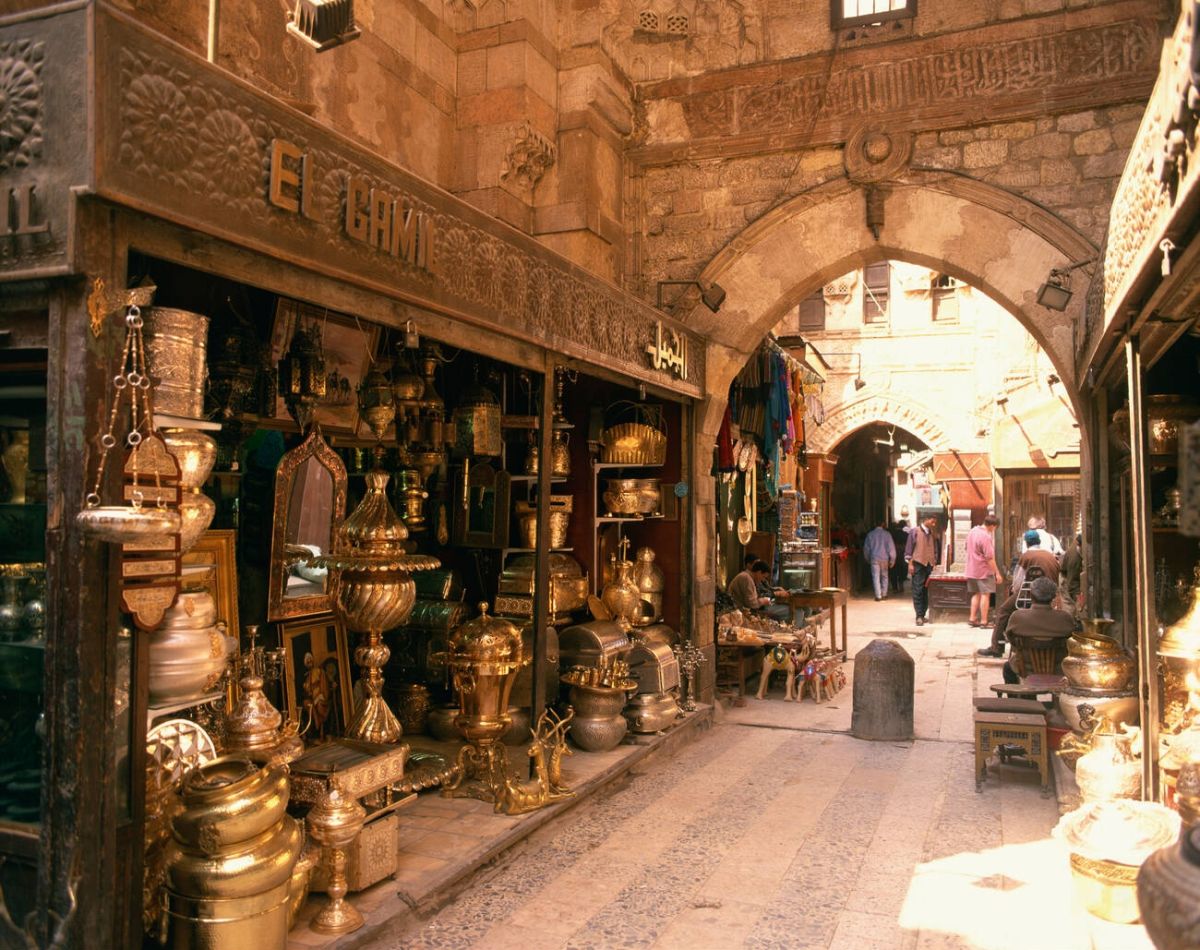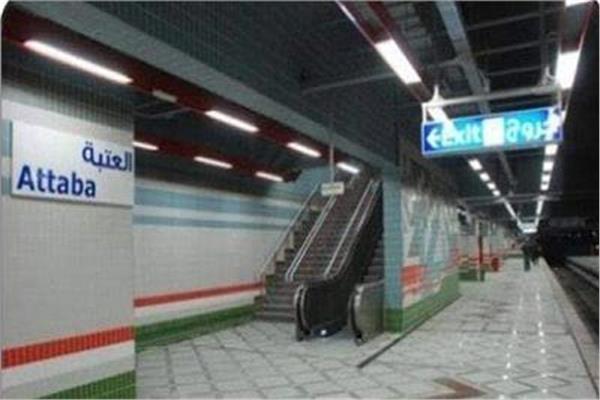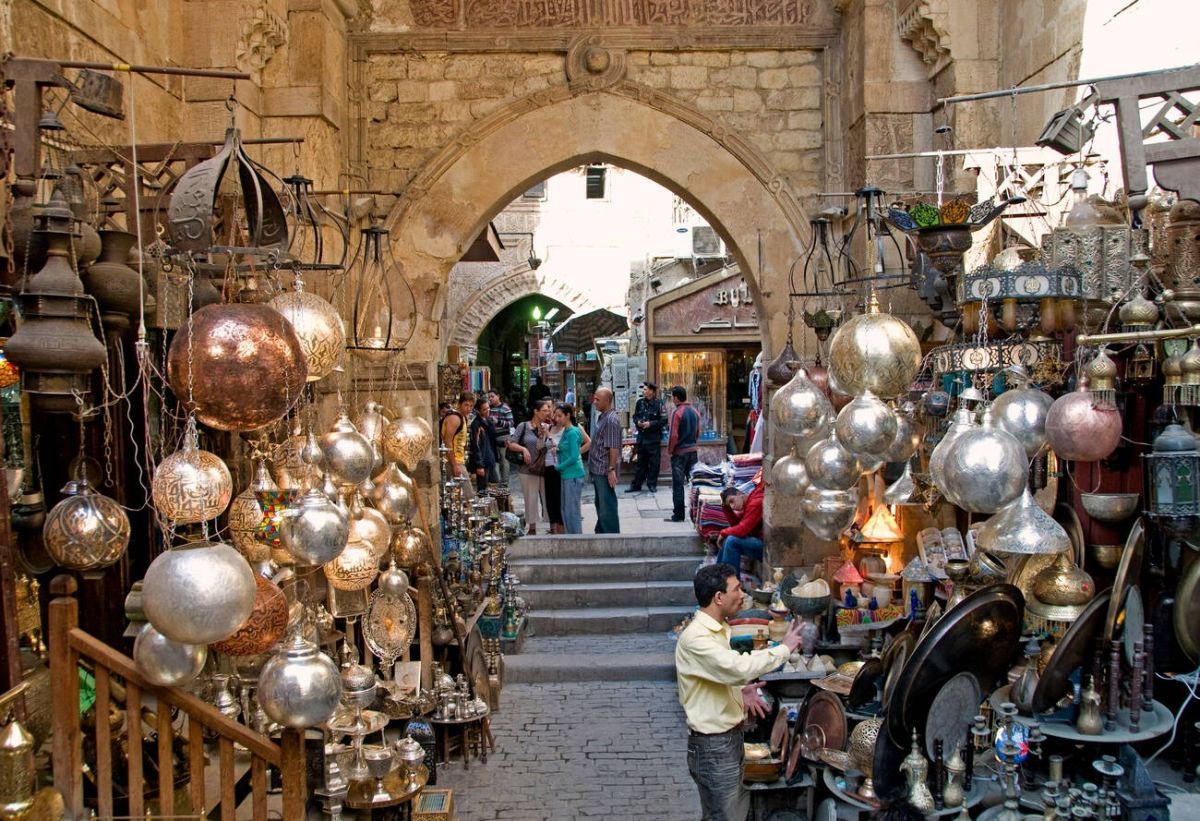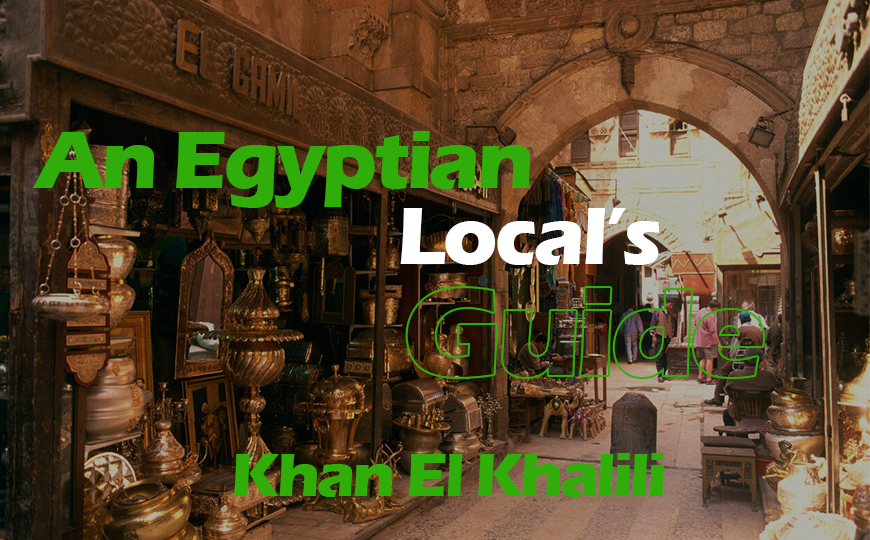Tucked away in the heart of Islamic Cairo, Khan El Khalili is not just Egypt’s most famous market—it’s a world of its own. With winding alleys echoing with centuries of trade, spiritual energy, and cultural fusion, visiting this historic bazaar is like stepping into a living time capsule. Whether you’re coming for the souvenirs, the stunning architecture, or just to people-watch over a cup of mint tea, Khan El Khalili offers a deeply immersive experience that reflects the very essence of Cairo. This guide takes you beyond the usual tourist checklists to reveal the true local heartbeat of the Khan.

The origins of Khan El Khalili go back to the 14th century when Emir Djaharks El Khalili—under the rule of the powerful Mamluk Sultan Barquq—established a caravanserai or trading lodge on the ruins of a Fatimid tomb complex. Back then, Cairo was a central point in global trade routes connecting Africa, Asia, and Europe, and the khan quickly became a vital hub where spices, gold, silks, and precious stones exchanged hands.
Over time, the bazaar grew organically. Ottoman influence introduced arched wooden mashrabiyas and domed ceilings. Later, under Egyptian rulers, artisans and guilds settled in, passing their crafts down through generations. Each alley within Khan El Khalili now tells a chapter of history, from Islamic dynasties to French and British encounters.
Today, it stands not just as a market, but as a preserved piece of Egyptian cultural and economic history—where every stone has a story, and every artisan is a link in a centuries-old chain.

Reaching Khan El Khalili is relatively simple, whether you're a solo traveler, part of a group tour, or an adventurous backpacker.
Pro Tip: Go around 4:00 PM, enjoy sunset prayers at nearby mosques, then stay till nightfall when the lanterns light up and the bazaar truly comes to life.
The market is a paradise for souvenir hunters, but for locals, it’s a treasure trove of traditional Egyptian craftsmanship. From delicate silver jewelry and hand-engraved copper plates to inlaid wooden boxes and scarves made of pure Egyptian cotton, you can find authentic pieces at every corner.
Don’t miss:
Bargaining is not just allowed—it’s expected. Start with half the asking price and enjoy the friendly back-and-forth. It's all part of the cultural dance.
Café El Fishawy has been serving mint tea and Turkish coffee since 1773, making it one of Cairo’s oldest and most beloved coffeehouses. Nestled in a tight alley and lit with antique lanterns, it’s a meeting place for poets, thinkers, and travelers. Famous Egyptian writer Naguib Mahfouz was a regular here.
Take your time, order a shisha, watch the crowds go by, and let the atmosphere sink in—it’s one of the best ways to connect with the soul of Cairo.
Right around the corner you’ll find:
Khan El Khalili isn't just a feast for the eyes—it’s one for the stomach too.
There are also several hidden rooftop restaurants where you can enjoy a meal with a panoramic view of Islamic Cairo’s minarets.

What sets Khan El Khalili apart is the performance of everyday life. You’ll see:
Every corner is a photo opportunity, every alleyway a new rhythm.
Make a day out of your Khan El Khalili visit by including nearby gems:
Khan El Khalili is more than just Cairo’s oldest bazaar—it's a crossroads of cultures, a celebration of craftsmanship, and a mirror reflecting Egypt’s layered identity. Walking its stone-paved alleys, hearing the rhythmic clinking of copper being shaped, sipping tea among locals, and watching history unfold in every corner is an experience unlike any other.
Whether you’re shopping for keepsakes, capturing the magic with your lens, or simply seeking a deeper connection with Egypt’s past and present, Khan El Khalili promises you a journey that’s not just memorable—but meaningful.
Find out our latest news, promotions, and professional tips. Know before you book your next Egypt tours
Most shops and stalls at Khan El Khalili are open daily from 10:00 AM until 10:00 PM, although many vendors remain open much later, especially on weekends and during Ramadan.
Yes, Khan El Khalili is generally safe for tourists. Like any busy area, it's wise to watch your belongings, especially in crowded alleys. There is a strong police presence, and shopkeepers are typically welcoming and used to tourists.
Absolutely. Bargaining is a part of the culture in Egyptian markets. Start by offering 50–60% of the asking price, and enjoy the process—it’s all part of the experience.
Ideally, allocate at least 2 to 3 hours to explore the market, visit a café, and take in the surrounding architecture and mosques. If you’re visiting nearby sites like Al-Azhar Mosque or El Moez Street, plan for a half-day trip.
Most small shops and vendors only accept cash in Egyptian pounds (EGP). Larger stores and some cafes may accept cards, but it’s best to bring small cash for purchases and tips.
No, the bazaar is completely free to enter. However, some nearby attractions or museums may charge a small entrance fee.
The most pleasant months are October through April, when temperatures are cooler. However, the bazaar is open year-round and has a unique charm during Ramadan, with colorful lanterns and festive night life.
Yes, but they can be limited and not always well-maintained. Many visitors prefer to use restrooms at nearby cafés or restaurants like El Fishawy, often for the price of a drink.
Yes, many local tour operators offer guided walking tours, often combined with El Moez Street, Al-Azhar Mosque, or Islamic Cairo tours. These tours provide deep historical context and local insights.
Some areas are narrow, uneven, or crowded, which can be challenging. However, the main alleys are accessible to a certain extent. Consider going during quieter hours (early morning) and with a local guide if you need support.
